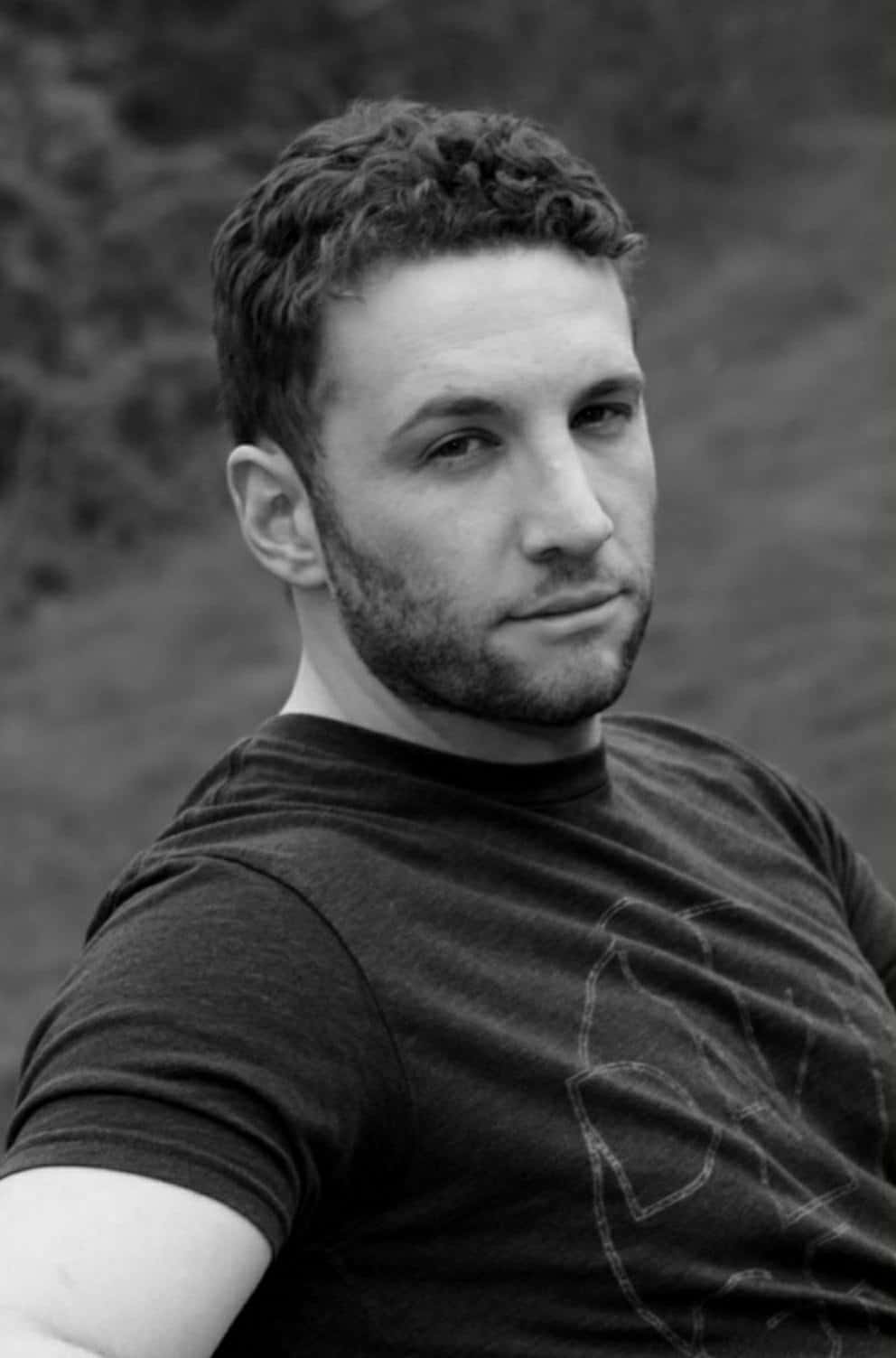Zohran Mamdani is running for Mayor of New York City to “lower the cost of living for working class New Yorkers,” according to his campaign website.
He has promised to freeze the cost of rent “stabilized” apartments, put the “worst landlords” out of business, create faster and fare “free” bus service, provide “no cost” childcare, increase the city’s minimum wage to $30 per hour, and build 200,000 units of “affordable” housing.
His most disruptive policy proposal, however, is to get the city into the grocery store business:
“As Mayor, Zohran will create a network of city-owned grocery stores focused on keeping prices low, not making a profit. Without having to pay rent or property taxes, they will reduce overhead and pass on savings to shoppers. They will buy and sell at wholesale prices, centralize warehousing and distribution, and partner with local neighborhoods on products and sourcing.”
This is grocery store-communism, and it is a terrible idea. Like all communism, it claims the intention and the capability to uplift working people. And to be sure, working people have been stomped into the dirt throughout our nation. The problem, however, is that it is the state’s boots that have done the stomping, and no amount of government intervention can make things better.
In an article entitled “Plutocratic America’s War on the Working Class,” the Libertarian Institute’s Thomas Eddlem wrote:
“Income from labor is taxed three times (payroll taxes, income taxes, and inflation) while income from capital is taxed only once (capital gains). In America today, capital gains tax is capped at 20%, but labor’s floor is 15.3% with a payroll tax, plus the 3-8% inflation tax, both of which start at dollar one. Add the income tax, which tops out at 39%, and labor is generally taxed at twice the rate of capital. The billionaire who relies upon investments and capital gains for income generally doesn’t pay income taxes or payroll taxes on his gains.”
As Robert Lefevre observed, the state is a disease masquerading as its own cure. Which means the state requires a scapegoat or “ritual substitute” to masquerade as the disease. This is the role of capitalism, capitalists, and corporations in the state-indoctrinated public mind. And it works really well. The masses speak of “wage slavery” but not “tax slavery.” They refer to consensual economic transactions as “highway robbery” and government requisitions as the “price we pay for a civilized society.”
We can sympathize with a hard-working New Yorker who leaves his rat-infested apartment, stands in the scaturient rainfall for a public bus that’s running late, crams amongst his fellow proletarians when it finally arrives, and rides for an hour to the closest grocery store only to discover the price of a dozen eggs has risen above $10. It’s easy for a guy in that position to envision an “evil capitalist” smoking a cigar and sipping a Negroni while surveying the city from the balcony of his luxury apartment.
A hard-working guy like that, disgusted at the modest amount of food he can afford, might just stay up all night reading Marx, Darwin, and Nietzsche. He might join an underground, revolutionary movement, or he might just vote for the politician who promises he “will create a network of city-owned grocery stores focused on keeping prices low, not making a profit.”
In the popular mind, prices are a tool the evil capitalists use to highway rob people. In reality, as economist Murray Rothbard observed:
“Price, on the free market, performs a necessary rationing function, in which the available pounds or bushels or other units of a good are allocated freely and voluntarily to those who are most willing to purchase the product.”
When government “fixes” prices of eggs, groceries in general, or any commodity, it risks creating shortages. Which makes sense even within the state-run education mythology version of economics. Because, if the evil capitalist is forbidden from selling eggs above a certain price, he will be motivated to stop selling eggs and start selling something else.
But Zohran isn’t proposing standard price controls. He wants the government to set up five grocery stores throughout the city that will keep prices low:
“Without having to pay rent or property taxes, they will reduce overhead and pass on savings to shoppers. They will buy and sell at wholesale prices, centralize warehousing and distribution, and partner with local neighborhoods on products and sourcing.”
This is even worse. What happens when wholesale prices rise? The evil capitalists will be free to sell to grocery stores willing to pay, and then charge, higher prices. Zohran could then decide to outbid private grocery stores and still sell at lower prices, but that would risk shortages throughout the city.
And it would require ever more taxes to be pumped into the city’s grocery store operation, money that now cannot be spent on police or teachers or parks. In fact, Zohran’s claim that his grocery stores will be free from property taxes is a massive admission of guilt. The taxation of productive people drives up prices in the first place.
And how is the city supposed to acquire grocery stores in the first place? Government does not create wealth, only requisition and distribute it. So, the city will have to buy property with tax money or seize it. It will then have to spend money on electricity and water and employees, unless it plans on demanding zero cost utilities and enslaving a workforce, which would lead to price increases of electricity and water and unfavorable articles in The New York Times.
Slavery, of course, is the logical conclusion of all government interventions. What degree of slavery are New York voters willing to inflict upon one another? Come November, we will find out.

































